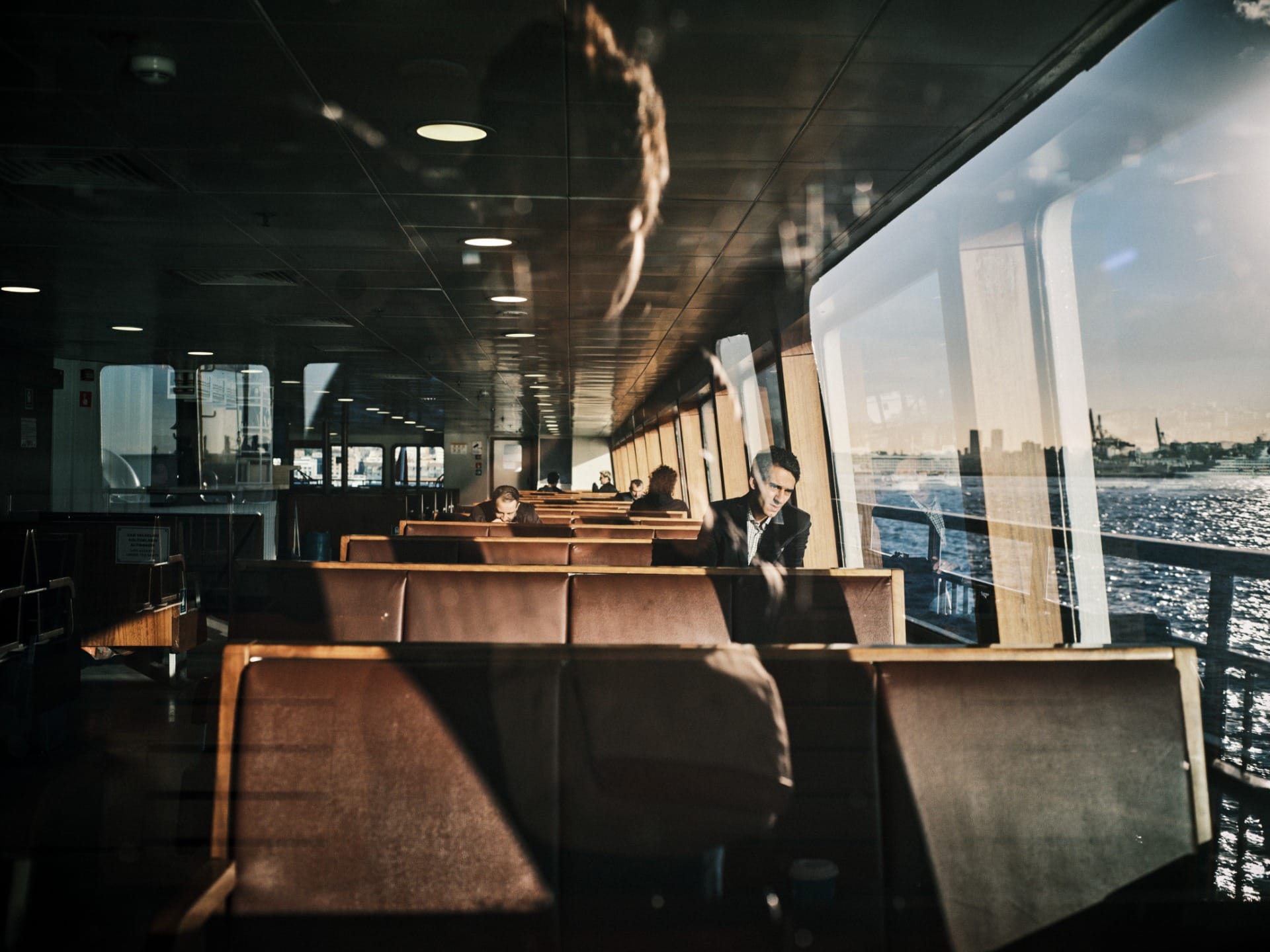
In the bustling world of street photography, few names resonate as strongly as Gustavo Minas. Hailing from Brazil, Minas has carved a niche for himself as one of the world's finest street photographers, capturing the essence of urban life with remarkable clarity and depth. His latest endeavor, "Liquid Cities", recently published by EYESHOT BOOK, is a testament to his keen eye and unwavering dedication to the craft.
As one of the featured artists in the fourth edition of our festival, Les Rencontres de la Photographie Marrakech, Gustavo Minas joins us to share insights into his artistic journey.
Can you tell us about the inspiration behind "Liquid Cities" and what drove you to explore the theme of urban life?
Maybe because I'm a guy from a very small town in the countryside, big cities have always been very attractive for me.The possibility of being invisible and watching the flux of people, the diversity of pedestrians and all their imagined stories, everything was fascinating. I've been photographing them since I lived in London in 2005, but I had no method or photographic knowledge until I studied with Carlos Moreira, a classic Brazilian photographer, in 2009 - that's when I started to figure out the basics of photographic language.But the idea of making this "Liquid Cities" project out of my work only came when I showed some of my series to Brazilian curator Rosely Nakagawa, who saw in my imgaes some correlations with Zygmunt Bauman's concept of liquid modernity.
Your photographs capture fleeting moments in urban environments. How do you choose the scenes or moments to photograph amidst the constant motion of city life?
I tend to photograph a lot, trying to avoid overthinking. I generally prefer busy places at rush hours, but the light has to be great too, so I tend to photograph in the first two or last two hours of the sun. To be honest, I photograph whoever and whatever looks good or interesting under the sun or under nice artificial lights, but it's when editing that I stop and try to see who are the people or scenes with which I do have some deeper connection. These photos are the ones that end up making it to exhibitions and books.
How do you see "Liquid Cities" contributing to the conversation about modern urban life and its complexities?
I think that one of the collateral "functions" of street photographers, if there's such a thing, is to capture and express the spirit of our times. And even though I wasn't exactly thinking of making a statement about contemporaneity when I was out and about, this naturally emerges in my images.
What challenges did you face in capturing the essence of urban fluidity, and how did you overcome them?
People generally ask me about challenges, but the truth is that my journey as a photographer has been a wonderful one.I enjoy every minute. Maybe one challenge that I particularly have is to get enough days off at work (I'm also a journalist) to be able to travel and shoot more. Brasília can be very monotonous if you spend too long here...
Your work often blurs the lines between reality and abstraction. Can you speak to the concept of "liquid landscapes" and how it manifests in your photographs?
I always try to add some ambiguity to my images. This can be made through the use of reflections, which is an obsession for me, and also by playing with billboards and advertising in the cities. I also try to avoid landmarks to make my cities as generic as possible, which isn't so difficult nowadays.
In what ways do you hope "Liquid Cities" will resonate with viewers, particularly those who may live in or have experienced similar urban environments?
I don't have any specific hopes regarding viewer's reactions to my images. I think that one of the greatest things about creating ambiguous images is that every viewer can have his/her own interpretation and insight, and for me this is a big achievement.
The title suggests a sense of fluidity and movement. How does this concept play out in the composition and narrative of your photographs?
There are many different choices, made during the production and/or editing of the series, that manifest this idea. For example, many of them were made in places of flux, such as stations, or public transportation or airports, so-called non-places. In other images, the distortion caused by water or other reflexive surfaces underlines this idea of fluidity, of ephemeral visual happenings transformed into images that existed for just a second.
Can you share any memorable experiences or encounters you had while photographing for "Liquid Cities"?
I can't pinpoint single moments, but as I said, the whole experience of discovering the world through photography is fascinating for me - again, probably because I lived until I was 17 in a 17,000 inhabitants small town. A couple of images were taken in my hometown, and one of the images was taken on a ferry boat in Istanbul. Having spent one week there, I took differente ferries to randomly chosen ports in the Asian side of the city, and this kind of expectation, not knowing what I'll find in the opposite margin, has always been very exciting, and has managed to keep me coming back for more.
As a street photographer, how do you navigate the balance between capturing candid moments and respecting the privacy of your subjects?
I really don't believe in privacy in public spaces, especially in times of hypervigilance like these. But of course I try to be respectful and nice to people as much as possible, and I generally don't photograph people in situations I wouldn't like to be photographed myself.
Finally, what do you hope readers and viewers will take away from "Liquid Cities" after experiencing your work?
The other day I was talking to a girl from Brasília and she said that whenever she's at the Bus Station, where I've developed a long-term project, she notices, because of my photos, how beautiful the people there are when illuminated by the sunlight at 6AM in the morning. What she meant is that she basically learned how to appreciate that light through my photographs. This was one of the biggest compliments I've ever received. I'll be very happy if more people can enjoy the act of merely looking at things in their daily lives.
Order Gustavo Minas's latest book "Liquid Cities" at EYESHOT BOOK .
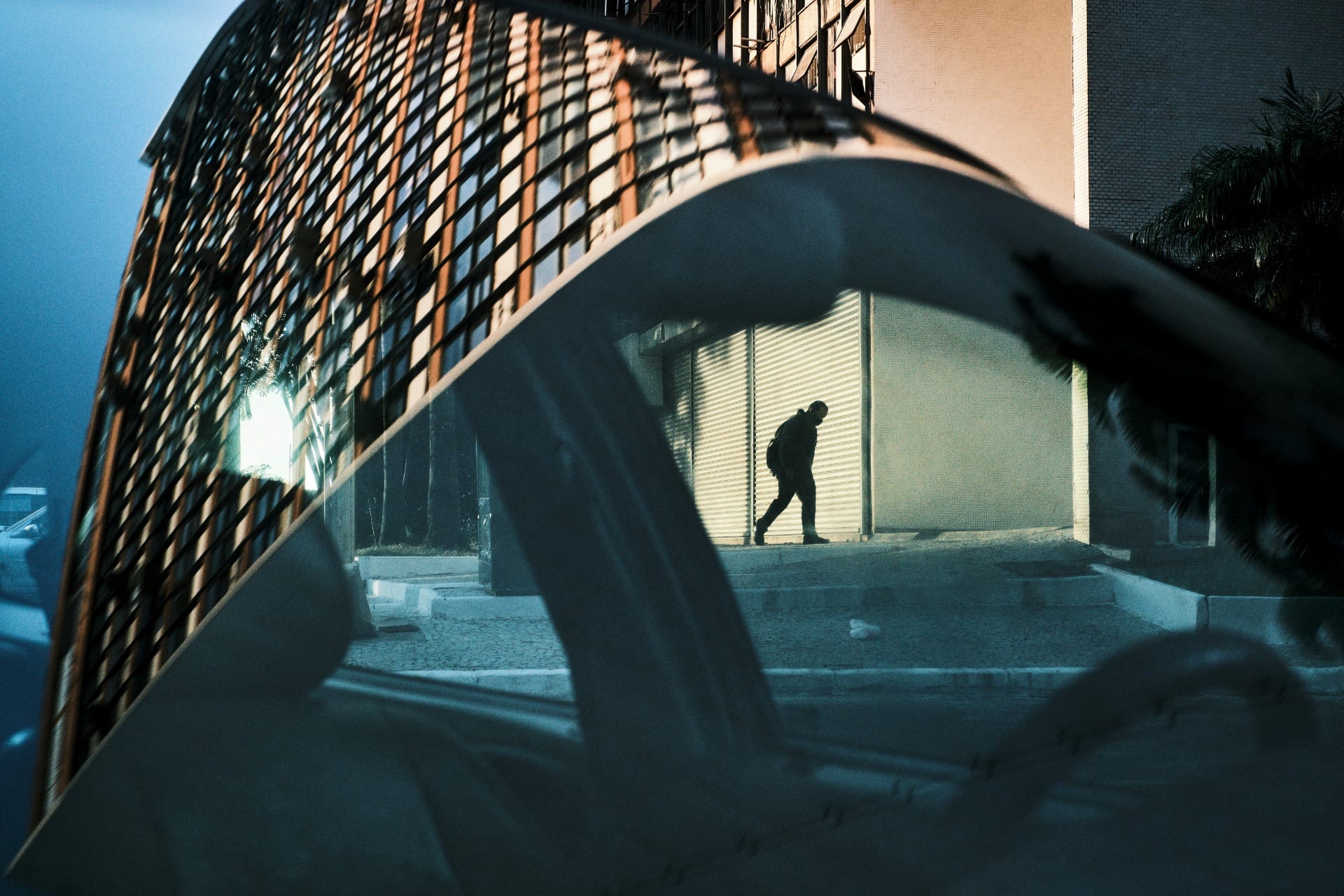
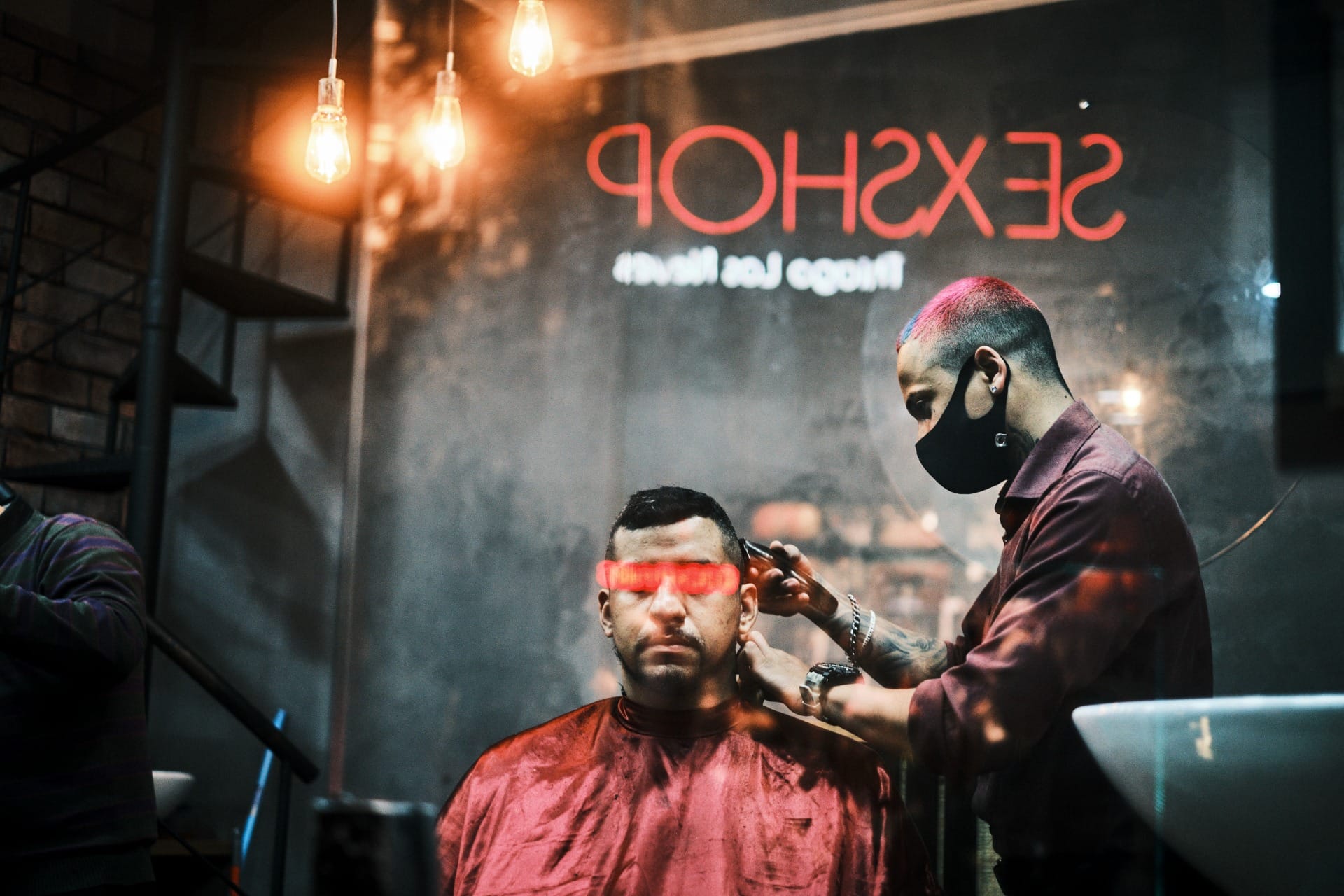
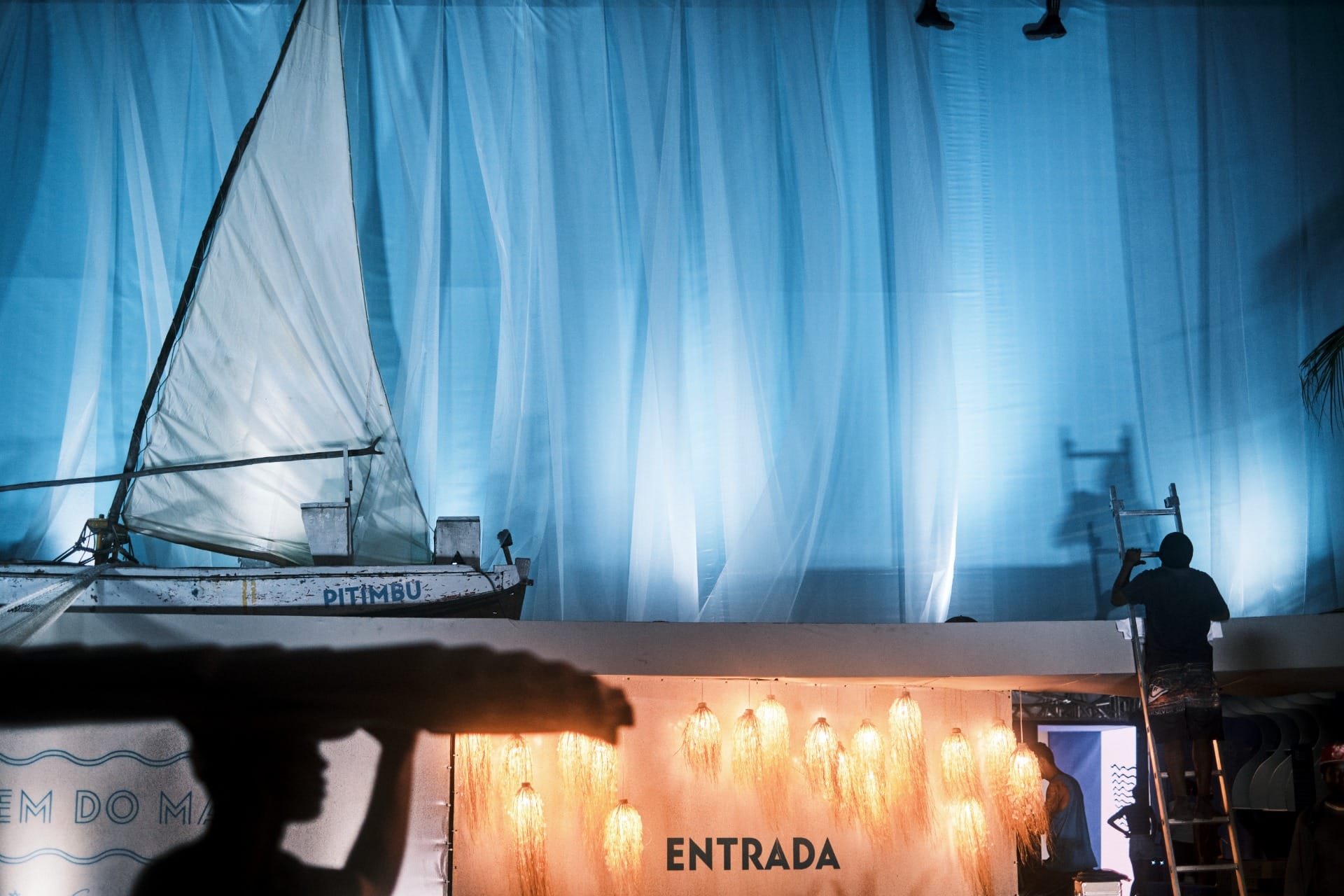
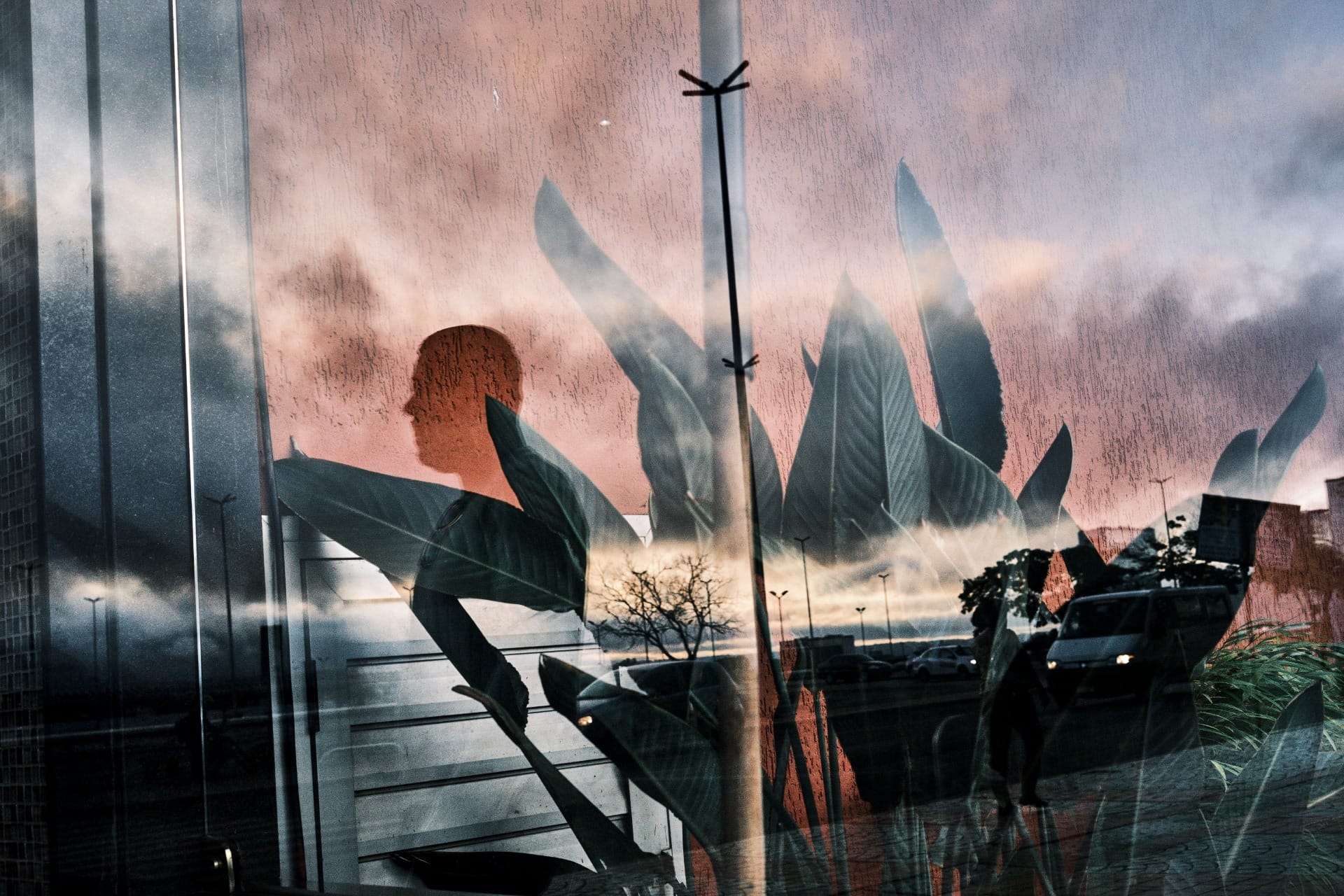
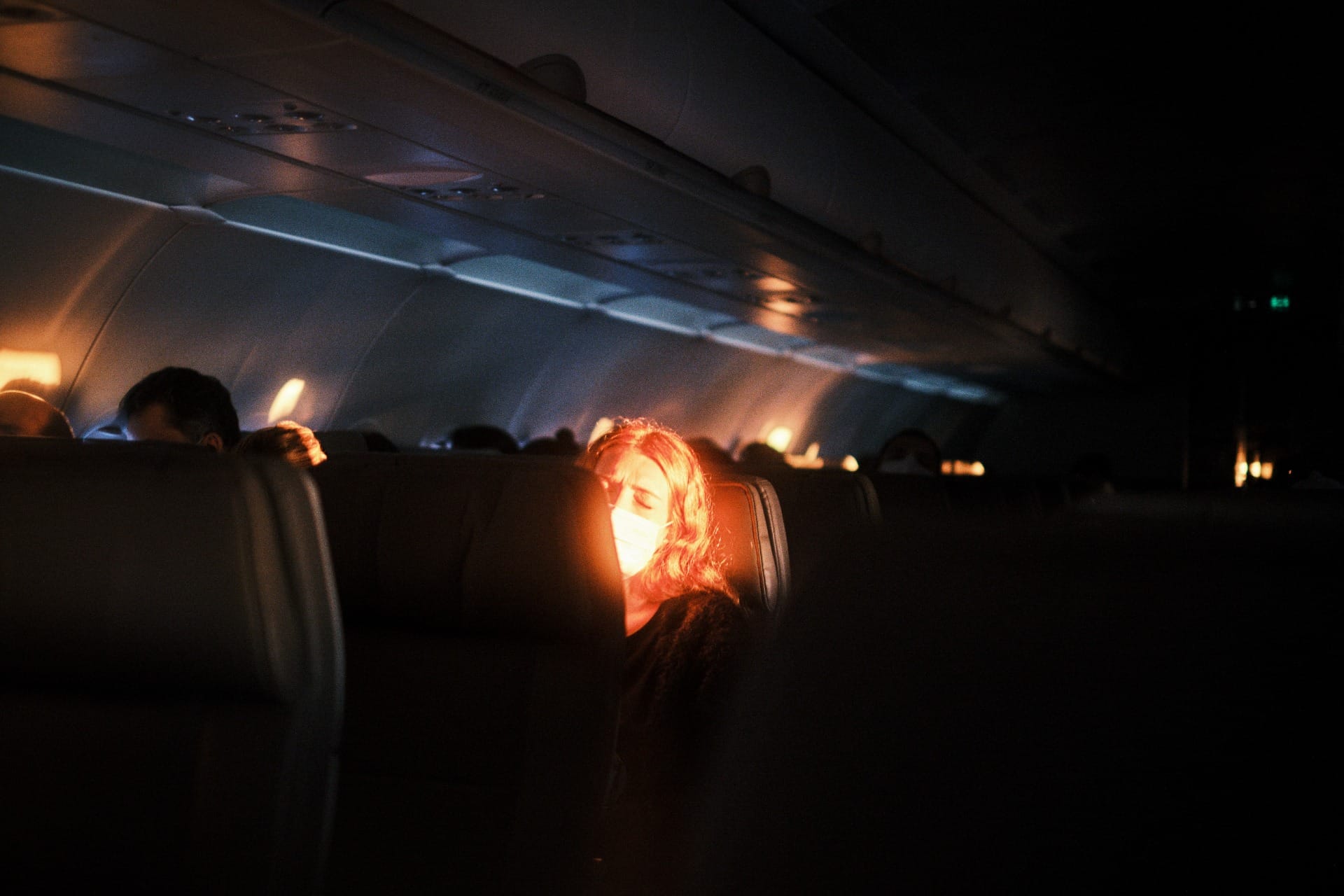
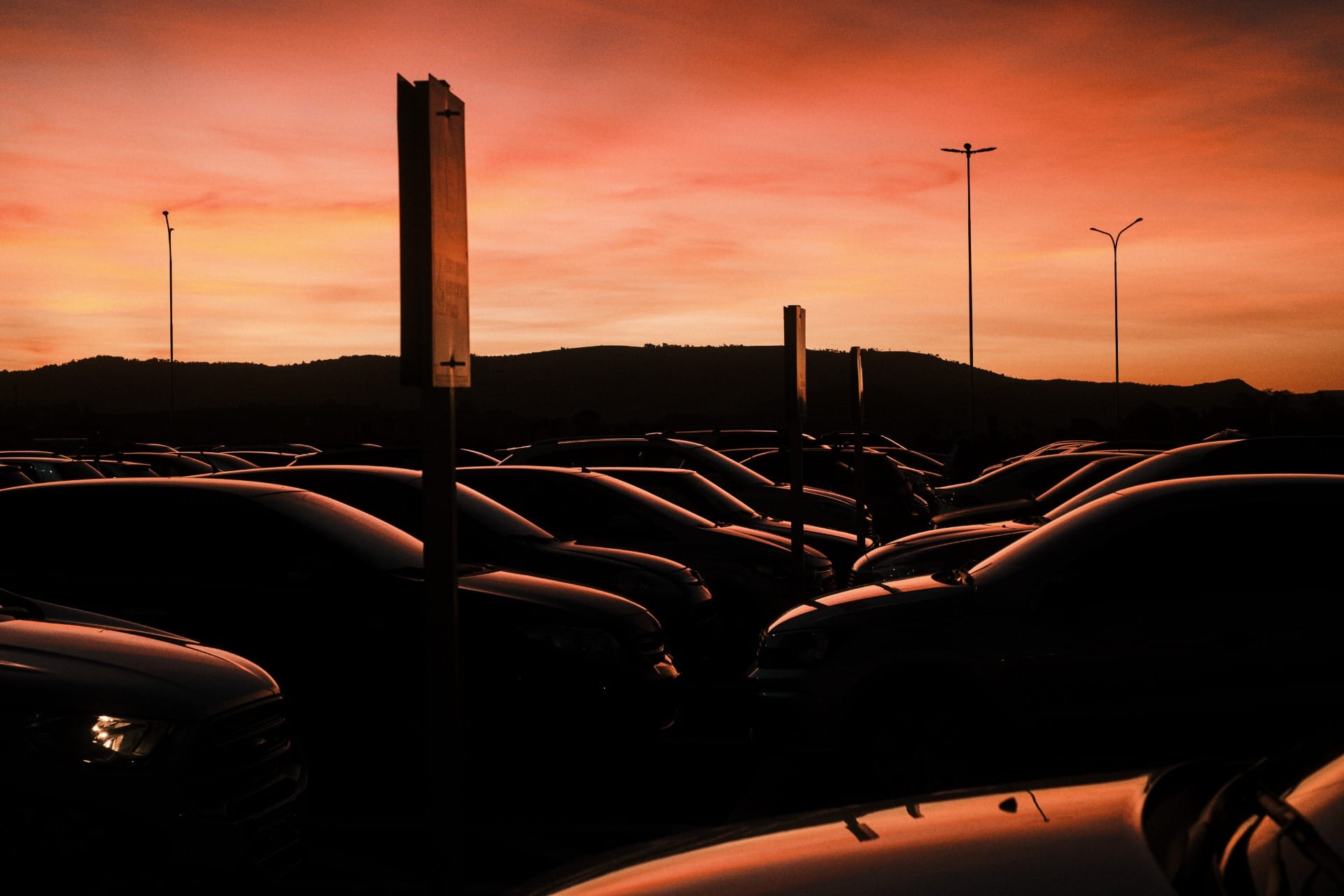
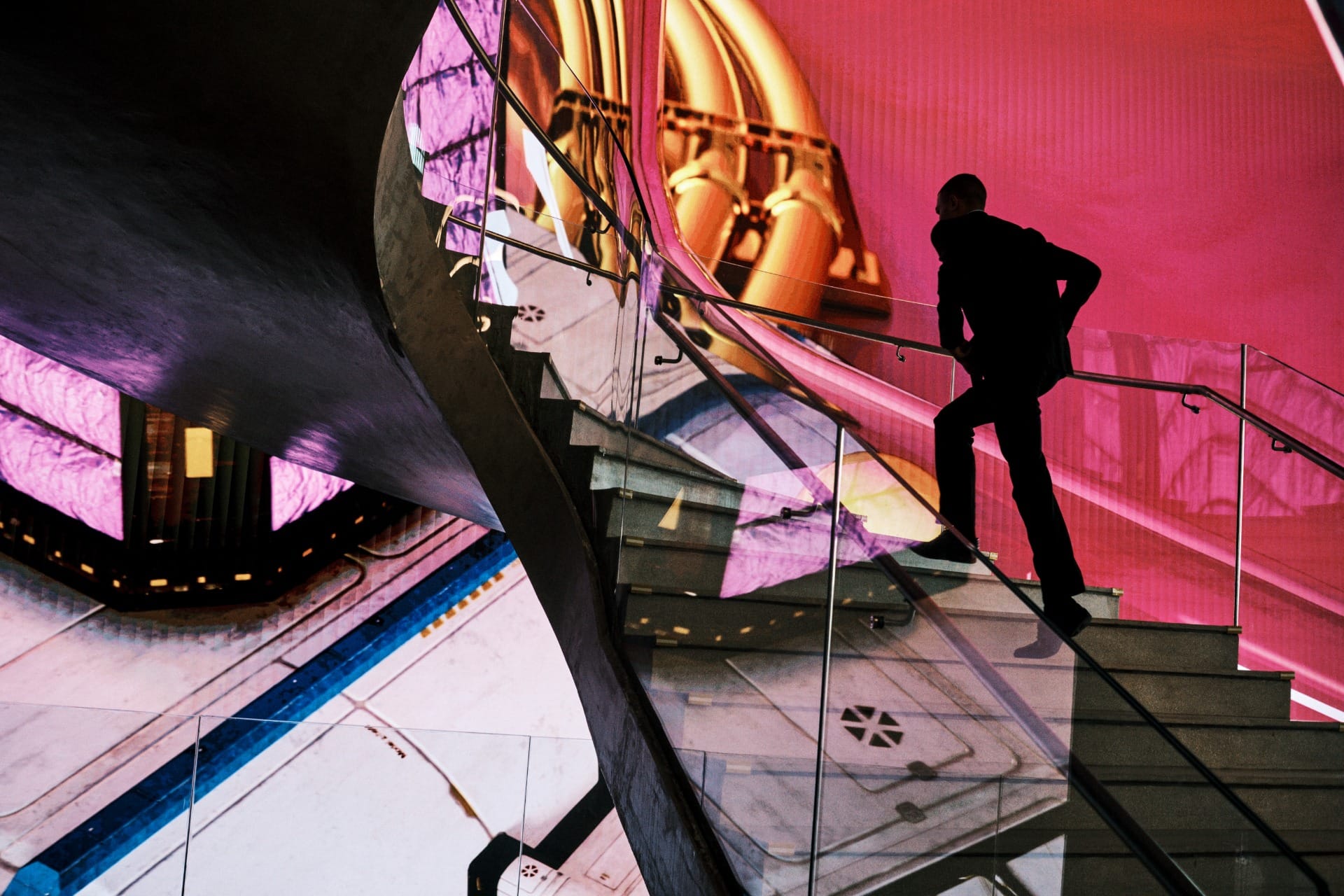
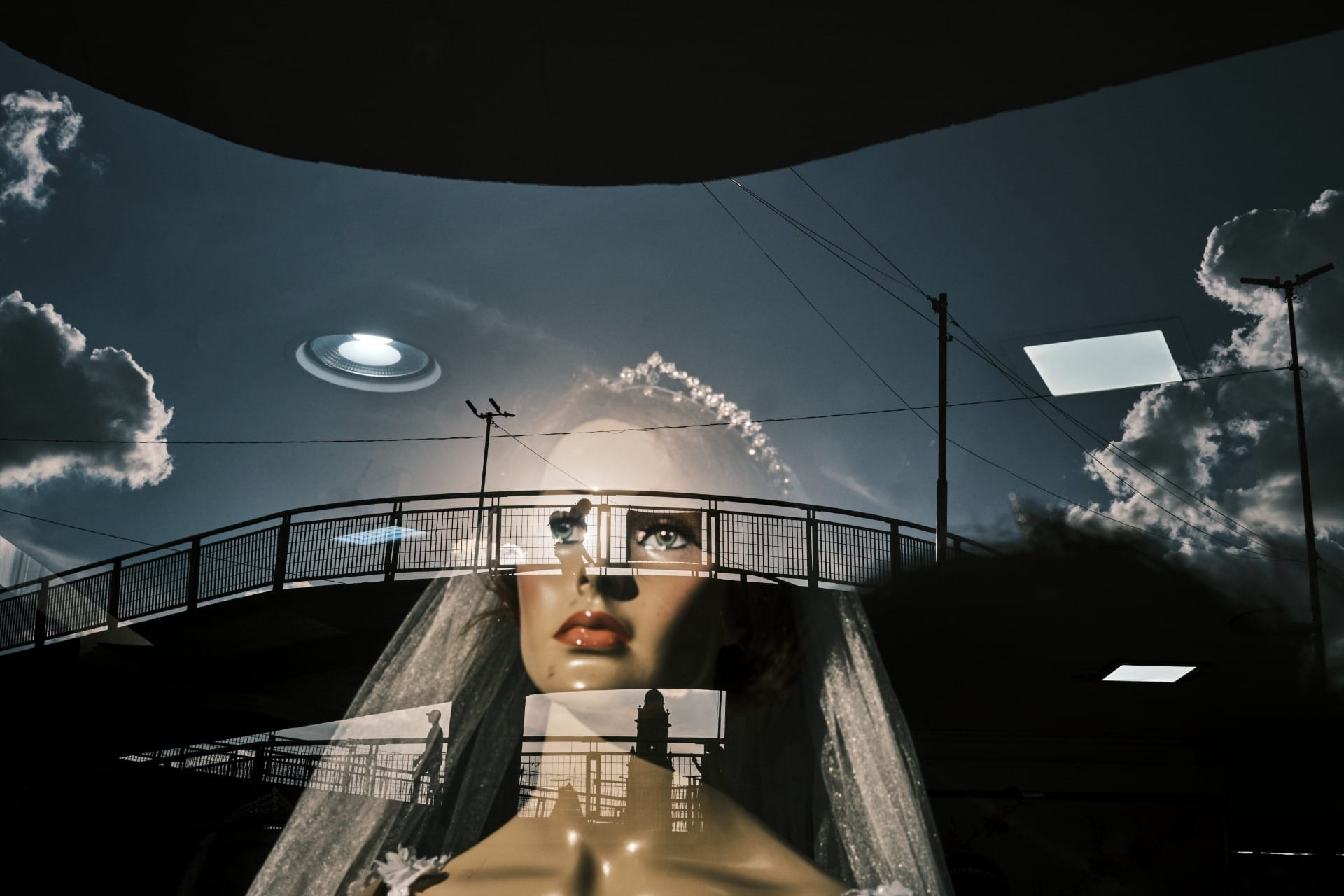
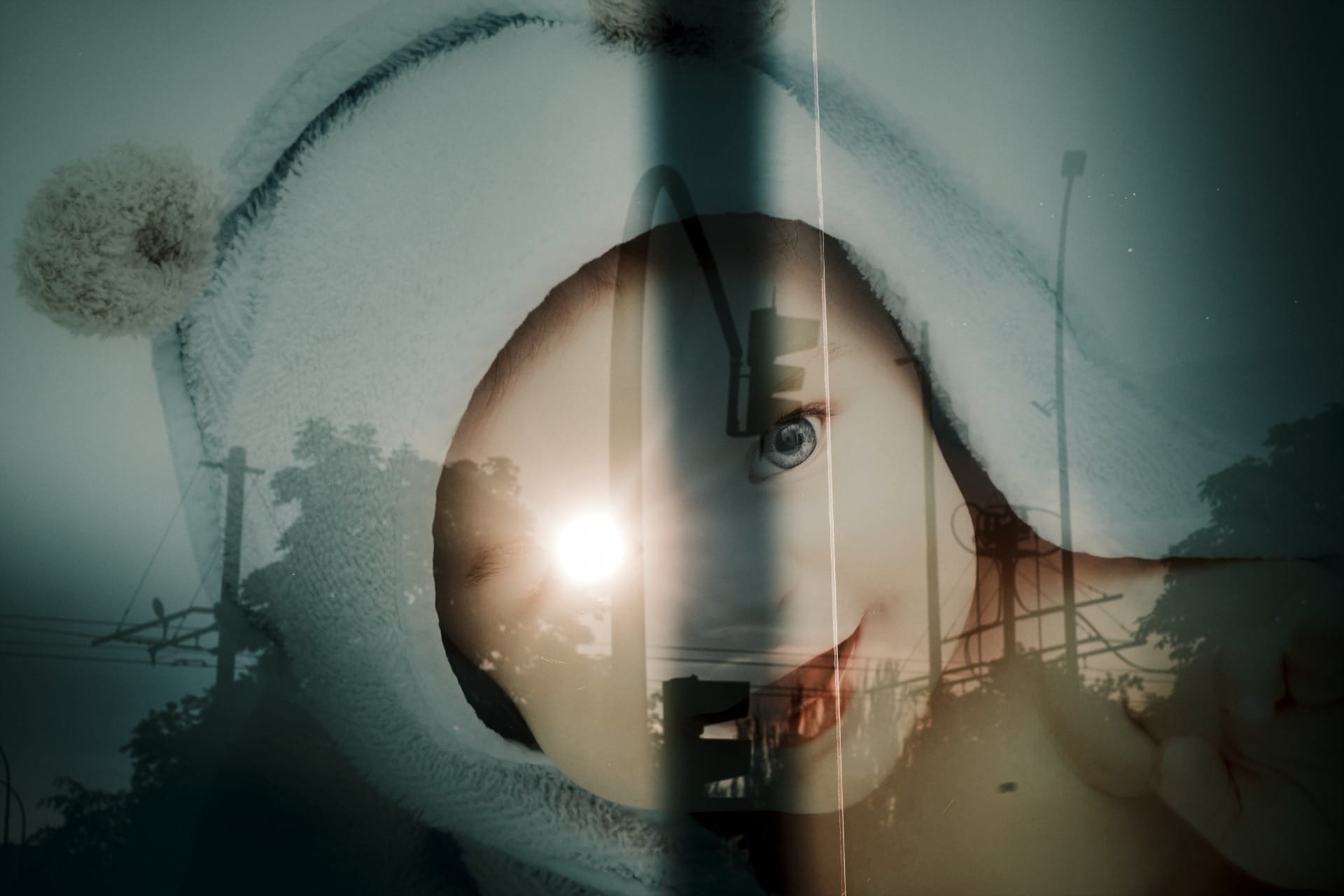
© Gustavo Minas

